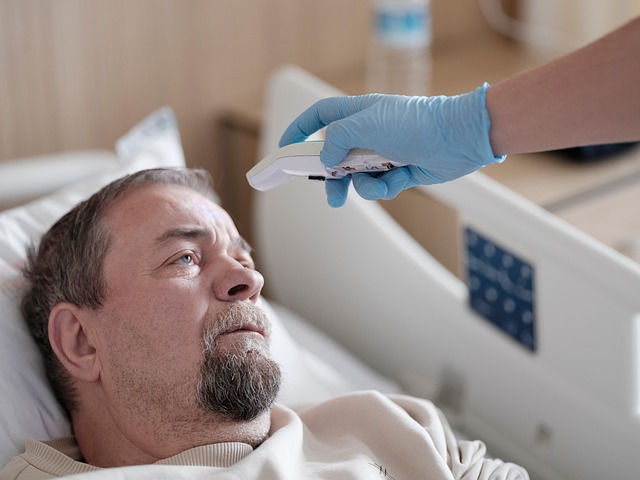Family therapy, online self-help tools, holistic wellness programs, and recovery support services form a comprehensive network aiding addiction recovery. These integrated approaches focus on communication skills, boundary setting, empathy, and overall well-being, ensuring a supportive environment for both individuals and families. Online resources offer safe spaces for education, interaction, and personalized mindfulness practices, enhancing traditional treatments and fostering strong support systems throughout the recovery journey.
Family therapy plays a pivotal role in addiction recovery, focusing on the intricate dynamics of relationships, boundaries, and communication. This therapeutic approach recognizes that an individual’s recovery is deeply intertwined with their family environment. By addressing underlying issues within the family unit, therapy enhances understanding, fosters healthier interactions, and strengthens support systems. This article explores these aspects, offering insights into how online self-help resources for addiction recovery can further aid families navigating this transformative journey.
- The Role of Family Therapy in Addiction Recovery
- Enhancing Communication and Setting Boundaries
- Online Resources to Support Family Engagement in Recovery
The Role of Family Therapy in Addiction Recovery

Family therapy plays a pivotal role in addiction recovery by addressing underlying relationship issues, setting healthy boundaries, and enhancing communication dynamics. Many online self-help resources for addiction recovery acknowledge the significant impact of family involvement in an individual’s journey towards sobriety. These sessions provide a safe space for families to understand the complexities of addiction, fostering empathy and strengthening support systems.
Through structured interactions, family therapy helps reframe negative thought patterns and behaviors using evidence-based approaches like Cognitive-Behavioral Therapy (CBT). It also incorporates holistic wellness programs, offering integrated solutions such as yoga, meditation, and nutrition plans, which contribute to deep emotional healing alongside physical well-being. Additionally, recovery support services providing ongoing guidance and encouragement throughout the recovery journey complement family therapy, creating a comprehensive care network essential for sustained sobriety.
Enhancing Communication and Setting Boundaries

Effective communication is a cornerstone of successful addiction recovery. Family therapy sessions equip individuals with tools to express their thoughts and feelings openly, fostering empathy and understanding within the family unit. By learning active listening skills and constructive ways to communicate needs and boundaries, families can strengthen their relationships and create a supportive environment for healing.
Setting healthy boundaries is another critical aspect addressed in these sessions. Online self-help resources for addiction recovery often emphasize the importance of personal space and limitations to protect one’s well-being. Family therapists guide individuals and families in establishing boundaries that promote respect, autonomy, and a sense of safety. This process involves navigating delicate conversations and finding balance between openness and privacy, ultimately contributing to a holistic wellness program focused on overall well-being. The integration of such therapeutic practices complements group counseling sessions, fostering accountability, empathy, and community among peers in recovery.
Online Resources to Support Family Engagement in Recovery

In today’s digital era, online self-help resources for addiction recovery have become invaluable tools to support family engagement and understanding during a loved one’s journey. Websites and apps offering interactive programs provide a safe space for families to learn about addiction, explore healthy communication strategies, and navigate relationship boundaries. These platforms often feature evidence-based techniques tailored to various stages of recovery, ensuring personalized mindfulness plans that cater to individual needs.
Many online resources integrate holistic wellness practices such as yoga, meditation, and nutrition plans, promoting overall well-being. This comprehensive approach complements traditional treatments, including evidence-based medications for withdrawal management, by addressing the mind, body, and spirit connection. By leveraging these digital tools, families can actively participate in their loved one’s recovery process, fostering deeper connections and a stronger support system.
Family therapy plays a pivotal role in addiction recovery by addressing crucial aspects like relationship dynamics, communication, and boundary setting. Leveraging online self-help resources for addiction recovery further facilitates family engagement and support throughout the healing process. By combining these approaches, families can cultivate stronger connections, enhance understanding, and foster a more supportive environment for those in recovery.






